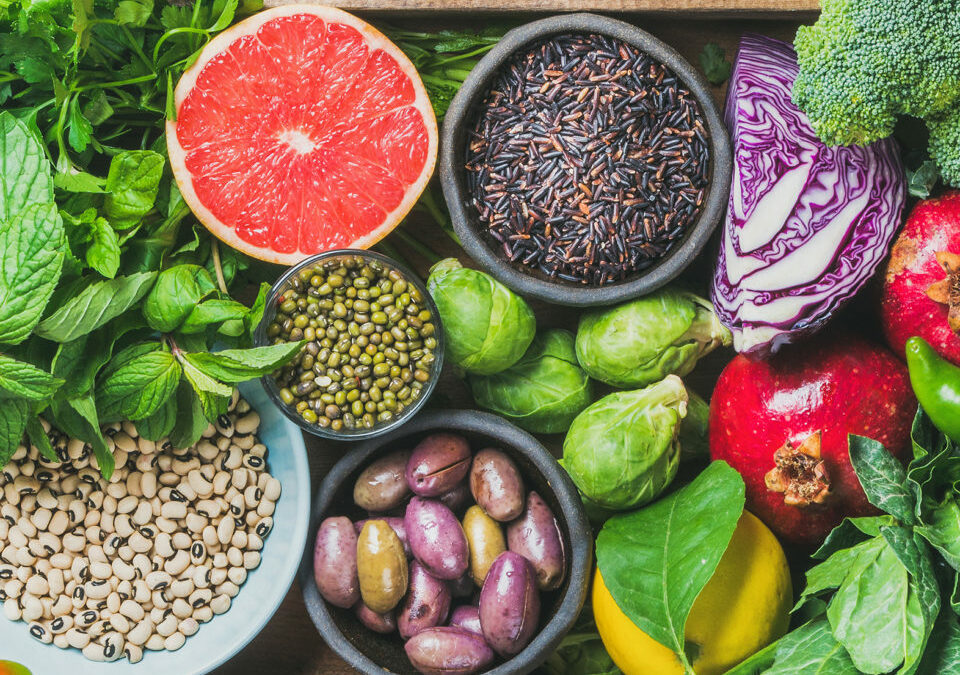While organic food has become very popular today, it is completely impossible to avoid being exposed to all sorts of toxins owing to the simple fact that we live in a very toxic world. Organic cultivated foods are grown and processed without the use of artificial pesticides or petroleum-based fertilizers, neither are they genetically modified. Additionally, all livestock reared for meat, eggs, and dairy products are mainly grass-fed or given all-organic or hormone and GMO-free feed and are not fed any antibiotics, growth hormones, or animal by-products that alter their natural growth.
So, is buying organic foods, which granted, can be a tad costly, worth it? For those who can afford it, it’s a resounding yes, for obvious beneficial health reasons. Animals that are raised on organic farms such as beef, pork, chicken, and turkey have been approved by the FDA for use because they are not pumped full of antibiotics or steroids growth hormones. There are studies that suggest that the use of antibiotics and hormone in animals can contribute to the development of cancer, the early onset of puberty in girls and cause the body to become resistant to antibiotics.
Granted, you can be sure that you’re dodging the health risks that can come with treated animals by buying meat that is labeled as organic. However, grass-fed beef is costly to many people and if you can’t afford it, would it be easier just to buy regular meat or look for other alternative sources of protein such as fish that have a much lighter impact on the environment? The jury is still out on this topic.
Natural foods are not only better for us, but they are also good for the environment. Crops that are cultivated without the use of synthetic pesticides and fertilizers are able to boost their natural production of vitamins and antioxidants including their resistance to bugs and weeds. While some experts in this matter still argue that conventional foods are safe for adults, studies indicate that even low levels of pesticide exposure can be detrimental to the underdeveloped immune systems of unborn babies and children.
Additionally, the antibiotics given to most farm animals have been shown to cause antibiotic resistance in humans, consequently rendering them less effective. Organic farming techniques use no pollutants in their groundwater irrigation system and continuously test for any contaminants in the soil that can be harmful to plant growth. This simple fact can ease your mind knowing that there aren’t any risks of pesticides ending up in your drinking water as a result.
Organic food will cost you a whopping 50% more than regular foods but is well worth the extra cost for a little peace of mind and fewer trips to the doctor. Always look for the USDA seal when shopping for packaged organic foods to ensure that the product you are buying is both antibiotic and hormone-free and therefore healthy for consumption.

